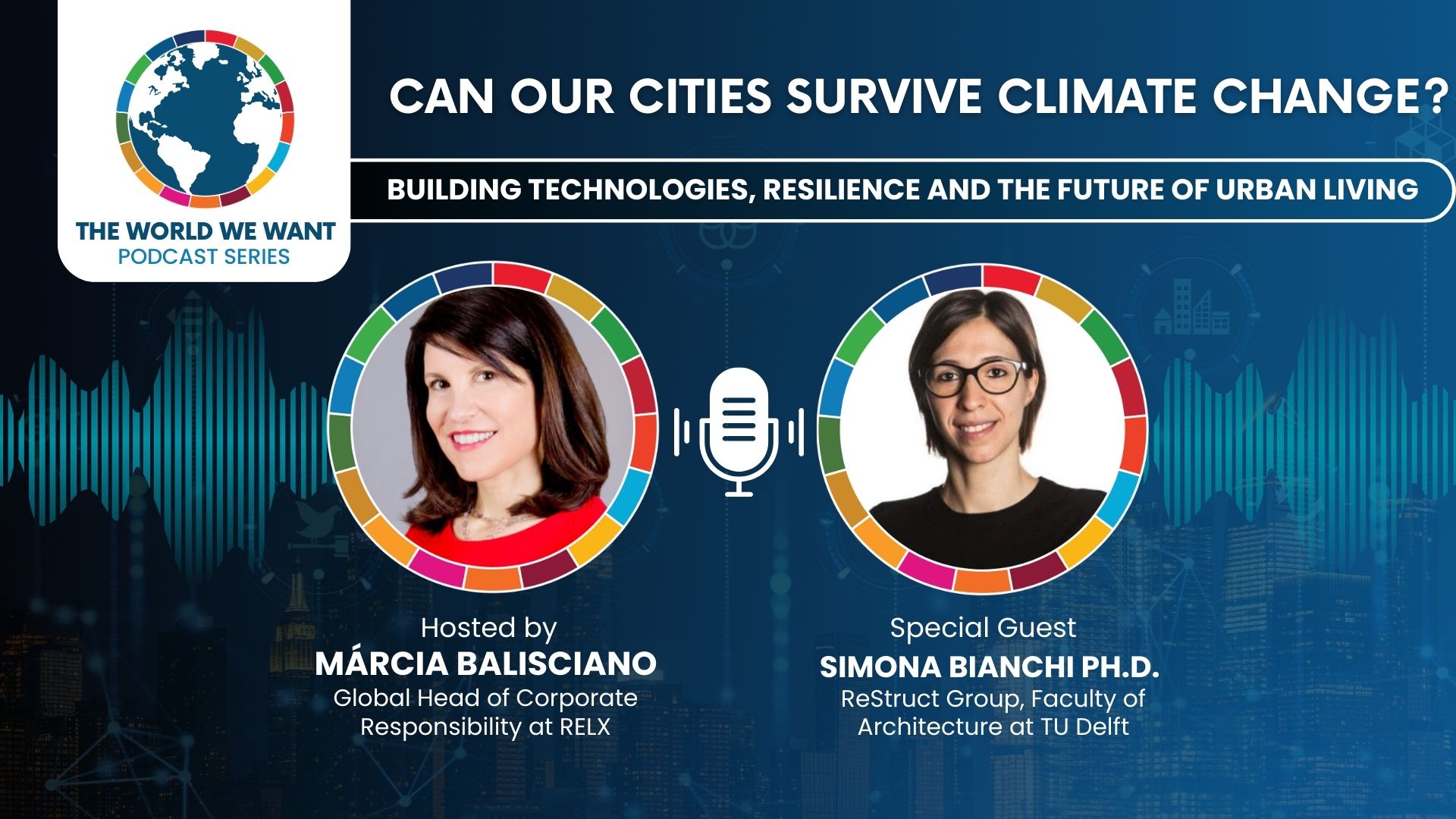Observed on Friday, October 10, 2026, World Mental Health Day raises global awareness of mental health and mobilizes action to make care a reality everywhere. This year emphasizes mental health in humanitarian emergencies, recognizing the profound psychological toll of conflict, disaster, and displacement and the urgent need for accessible, life-saving support.
Observed on Monday, October 6, 2026, World Habitat Day focuses global attention on the state of towns and cities and the basic right to adequate shelter. This year’s theme—Urban crisis response—addresses how conflict, climate change, and economic hardship drive displacement and reshape urban areas, calling for practical, scalable solutions that protect dignity and foster social cohesion.
Observed on Tuesday, September 30, 2026, International Translation Day pays tribute to language professionals whose work enables cooperation across borders. Translators, interpreters, editors, and terminology experts make dialogue possible, protect clarity in public discourse, and help strengthen peace and security worldwide.










